Are ‘healthy’ substitutes worth the extra cost? Here’s why you shouldn’t fall for low-carb, whole-wheat, all-natural labels at the grocery store
Are ‘healthy’ substitutes worth the extra cost? Here’s why you shouldn’t fall for low-carb, whole-wheat, all-natural labels at the grocery store

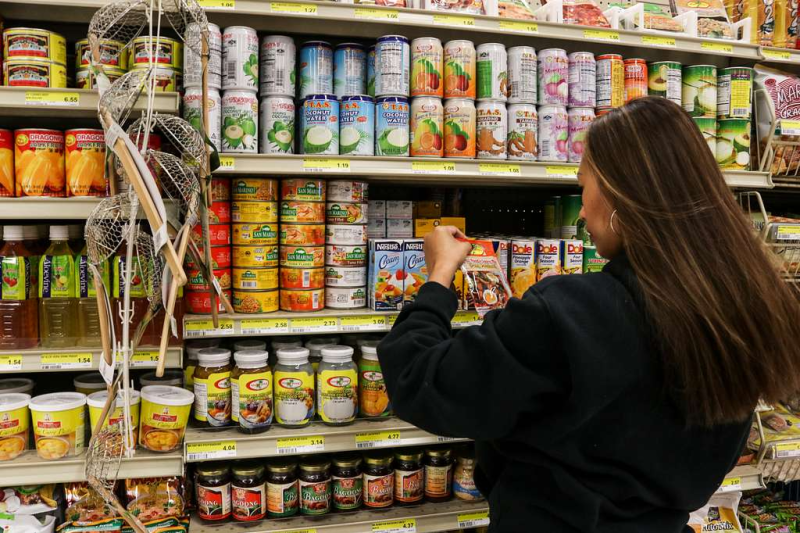
Well, they probably do feel better. The reason is not the food, it is that they changed their diet and it is a psychological adjuvant for lots of other positive things, like fewer calories or more exercise or just feeling like they are ‘doing’ something by getting on a scale.
For example, where is the science showing chicken is healthier than a hamburger? It doesn’t exist. Instead if it just epidemiology in the form of recall-based dietary assessment, commonly called a food frequency questionnaire but what you and I know as a survey. That’s right, epidemiologists will take a survey and see how many people say they eat, for example, quinoa and then see how many of them report fewer diseases and then “correlate” the two and write a paper claiming quinoa is “linked to” better health. Just like that the Harvard School of Public Health has started a new fad and the New York Times has a new best-selling diet book.
Plant-based milk is also not a healthier substitute, science actually shows it is worse than dairy. Like being vegan, you will need to add a budget for supplements to try and tread water from a health point of view, and even then you will fail. Yet if someone replaces milk with plant juice, loses weight, exercises, and stops worrying they’ll catch prediabetes or some other made-up condition, if you are selling plant juice you get to claim your product did it.
Kale chips, coconut oil, broccoli rice, it all positively screams wealthy white women. It just doesn’t even muster a scientific whisper about being better for you.
The dirty reality is that mathematically an epidemiologist is guaranteed to find a positive benefit or negative benefit if they have enough questions and links. If you have 63 rows and 10 columns, so 61 foods and 11 diseases, for example, you are certain to find a clump of results in there that you can declare “statistically significant.”
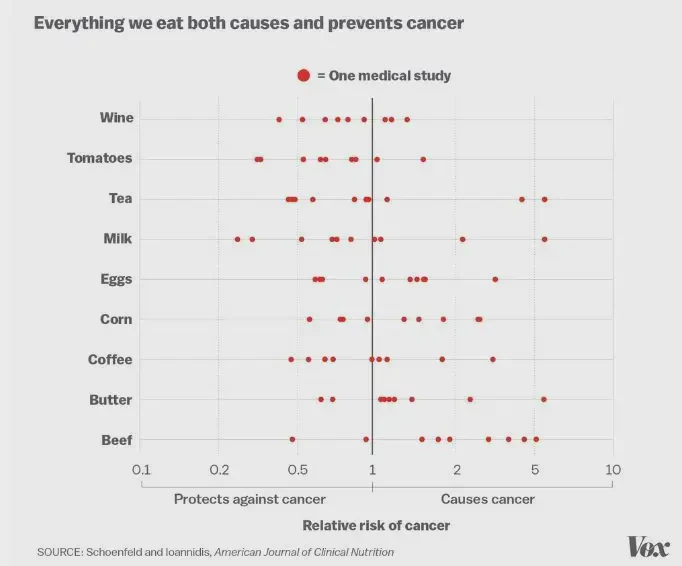
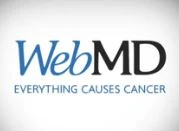 Manipulation or at least poor understanding of statistics is why I was one of the signatories on a paper in Nature asking journals to stop using statistical significance as a metric for legitimacy. It isn’t, it is instead abused by lawyers or environmental groups who want to ban products like BPA or formaldehyde or weedkillers.
Manipulation or at least poor understanding of statistics is why I was one of the signatories on a paper in Nature asking journals to stop using statistical significance as a metric for legitimacy. It isn’t, it is instead abused by lawyers or environmental groups who want to ban products like BPA or formaldehyde or weedkillers.
It is so well-known to statisticians who aren’t selling Miracle Vegetables of Scary Chemical stories that they show how do to it with coin flips. You can show coin flips are prejudiced against heads. Or tails. And show statistical significance.
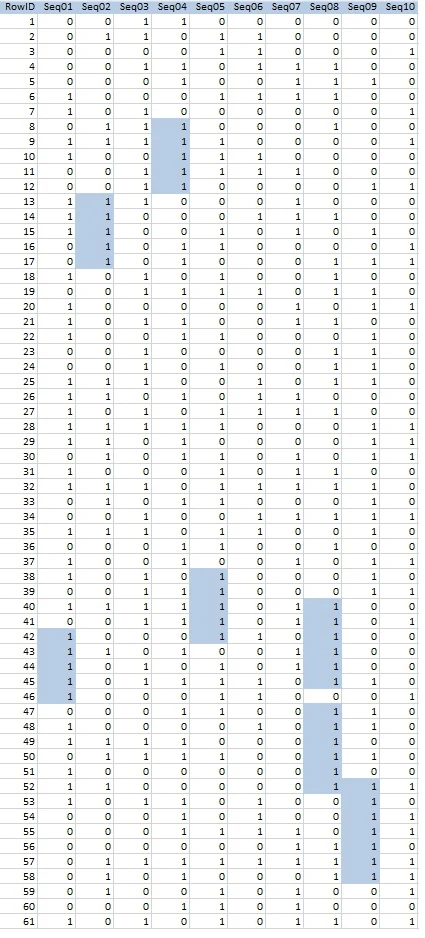
This disturbing unscientific process is common in the ‘ban everything’ section of epidemiology. If the International Agency for Research on Cancer has epidemiologists in their Working Groups who want to get fat expert witness contracts from lawyers waiting to sue over aspartame or a weedkiller, they will find studies where people say they use aspartame and are obese, then make crazy correlations like the aspartame caused obesity or even the diseases resulting from the obesity.
Corporate science journalism is a dying field so those remaining at the New York Times are not going to rock the boat and debunk the ‘Corporations Are Killing Us!’ beliefs of their readers. For the New York Times, ghosts and astrology are real while science is a corporate conspiracy. Noting that one too many times is the reason I am blacklisted there.
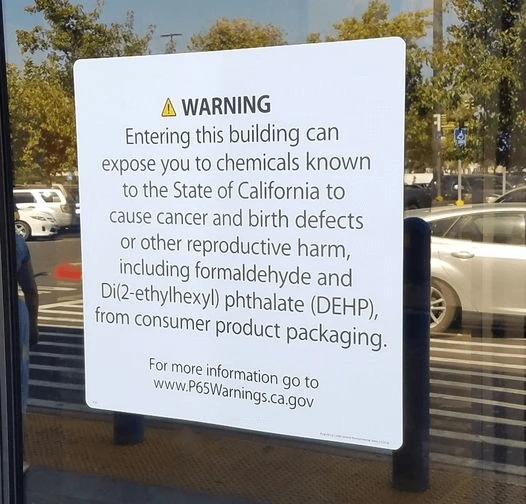
This stuff is all just a money-grift and why I oppose it. People on a budget should be eating fruits, vegetables, and meat in healthy amounts but if Environmental Working Group claims only the pesticides of their donor corporations are healthy, and Washington Post repeats their “dirty dozen” claims, and people who can’t afford the “organic” label sold by EWG clients may not buy product or fruits at all. That is not just bad, it is evil.
Yet 71 percent in the survey say they won’t buy what they believe is a ‘healthier’ alternative because of higher cost. Are they less healthy? Not if they buy generic bread instead of Orowheat Whole Grain bread. There is nothing healthier about whole wheat bread any more than there is anything unhealthy about bread.
Calories and exercise are what matter. Anyone who claims otherwise is selling you something. Unfortunately, in the case of food epidemiology, selling you on something is how they get their next grant, so they can’t be trusted, and won’t be trustworthy as long as the goal is six-figure paychecks in academia rather than public health.
Hank Campbell founded Science 2.0 in 2006, and writes for USA Today, Wall Street Journal, CNN, and more. His first book, Science Left Behind, was the #1 bestseller on Amazon for environmental policy books. Follow Hank on Twitter @HankCampbell
A version of this article was originally posted at Science 2.0 and has been reposted here with permission. Any reposting should credit the original author and provide links to both the GLP and the original article. Find Science 2.0 on X @science2_0

 | Videos | More... |

Video: Nuclear energy will destroy us? Global warming is an existential threat? Chemicals are massacring bees? Donate to the Green Industrial Complex!
 | Bees & Pollinators | More... |

GLP podcast: Science journalism is a mess. Here’s how to fix it

Mosquito massacre: Can we safely tackle malaria with a CRISPR gene drive?

Are we facing an ‘Insect Apocalypse’ caused by ‘intensive, industrial’ farming and agricultural chemicals? The media say yes; Science says ‘no’
 | Infographics | More... |

Infographic: Global regulatory and health research agencies on whether glyphosate causes cancer
 | GMO FAQs | More... |

Why is there controversy over GMO foods but not GMO drugs?

How are GMOs labeled around the world?

How does genetic engineering differ from conventional breeding?
 | GLP Profiles | More... |

Alex Jones: Right-wing conspiracy theorist stokes fear of GMOs, pesticides to sell ‘health supplements’




 Viewpoint — Fact checking MAHA mythmakers: How wellness influencers and RFK, Jr. undermine American science and health
Viewpoint — Fact checking MAHA mythmakers: How wellness influencers and RFK, Jr. undermine American science and health Viewpoint: Video — Big Solar is gobbling up productive agricultural land and hurting farmers yet providing little energy or sustainabilty gains
Viewpoint: Video — Big Solar is gobbling up productive agricultural land and hurting farmers yet providing little energy or sustainabilty gains Fighting deforestation with CO2: Biotechnology breakthrough creates sustainable palm oil alternative for cosmetics
Fighting deforestation with CO2: Biotechnology breakthrough creates sustainable palm oil alternative for cosmetics Trust issues: What happens when therapists use ChatGPT?
Trust issues: What happens when therapists use ChatGPT? California, Washington, Oregon forge immunization alliance to safeguard vaccine access against federal undermining
California, Washington, Oregon forge immunization alliance to safeguard vaccine access against federal undermining 30-year-old tomato line shows genetic resistance to devastating virus
30-year-old tomato line shows genetic resistance to devastating virus The free-range chicken dilemma: Better for birds, but with substantial costs
The free-range chicken dilemma: Better for birds, but with substantial costs ‘You have to treat the brain first’: Rethinking chronic pain with Sanjay Gupta
‘You have to treat the brain first’: Rethinking chronic pain with Sanjay Gupta
